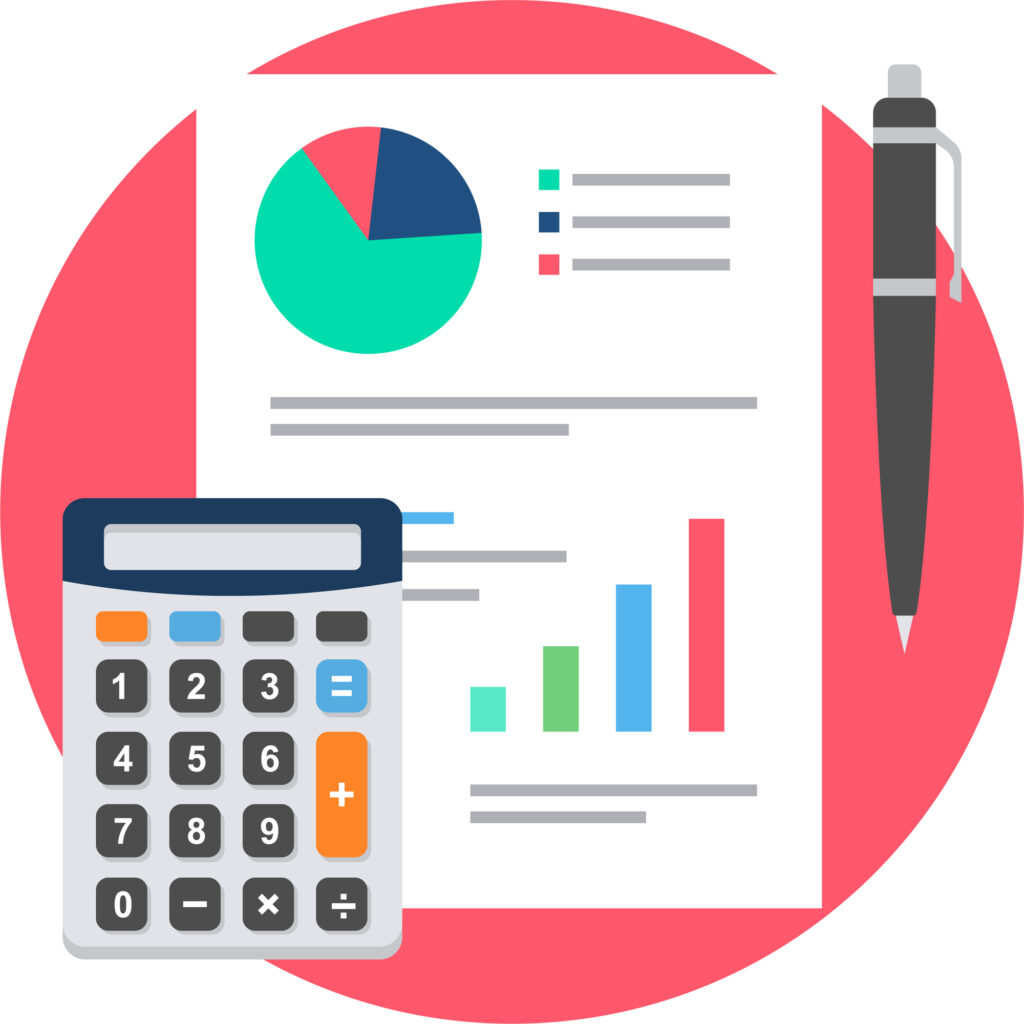 Financial forecasting is a vital skill for small business owners. It helps predict your future expenses, ensuring you have steady armor to face corporate and industry challenges. Discover the common financial mistakes and strategies to ensure success.
Financial forecasting is a vital skill for small business owners. It helps predict your future expenses, ensuring you have steady armor to face corporate and industry challenges. Discover the common financial mistakes and strategies to ensure success.
What Are the Common Challenges in Predicting Future Expenses?
These are typical mistakes small business owners grapple with when managing their future expenses.
Inconsistent Cash Flow
Many startups struggle with simple financial tasks, such as effective invoicing and balancing accounts payable and accounts receivable. A lack of stable cash flow can limit your ability to invest in research, marketing, and development.
Neglecting Proper Financial Reporting
A reliable bookkeeper must record all financial transactions, including sales, earnings, and expenses. Poor recordkeeping may prompt you to spend more than your company earns, causing a large gap between your inflows and outflows. Running out of cash was the second main reason why start-ups failed in 2022, and no one wants to deal with the same problem this year.
Mixing Business and Personal Finances
Around 30% of small business owners do not have a separate bank account or a separate credit card for their enterprise. While this strategy is convenient for some entrepreneurs, it’s a bad practice. Co-mingling personal and corporate funds might make it more challenging to monitor cash flow and extremely difficult to identify business expenses when it comes to completing tax returns.
Being Too Optimistic
While a positive mindset is essential to drive a business forward, setting realistic goals about money matters is equally important. Overestimating your sales and revenue can lead to overspending and potentially financial issues.
Tips for Better Financial Forecasting
Creating a financial forecast requires time and effort. Whether you’re looking to update your previous forecast or start a new report, here are actionable tips to keep in mind.
1. Clarify Your Purpose for Forecasting
The first step is to familiarize yourself with the purpose of your forecast. You may want to identify potential risks that could impact your company or consider expanding. Setting a purpose will guide you and your finance team in analyzing data, financial activities, and business goals.
2. Compile Historical Data
Data is power. A sound financial forecast must be based on your organization’s previous performance. Depending on your business’ nature and objectives, many types of historical data can guide your forecasting. Start with your pro forma financial statements, which include income statements, budget documents, earnings projections, and other pertinent details investors or lenders may require.
Other data to consider include:
- Operating costs: Rent, salaries, bank charges, office supplies, and fuel are operating expenses. Try to detail the costs for each type. For instance, gather data by breaking down your annual fuel spending and how often prices change in your city to help create your fuel budget for a certain period.
- Revenue and losses: Review your total income generated and the expenses that exceed your gains.
- Expense records: Identify cost drivers to anticipate future expenditure requirements.
- Customer data: Analyze customer purchase history, demographics, and retention rates to help predict future sales.
- Debt: Loan repayments, debt obligations, and other financial arrangements are vital for determining future financial needs and interest expenses.
3. Identify Variable and Fixed Expenses
These metrics will help you assess where you could further lower your spending without compromising the production and sales quality. Moreover, it can help you make better budget decisions and anticipate future changes in variable expenses.
Fixed expenses pertain to anything that requires payments during a certain period, including rent, internet, salaries, health insurance, benefits and mortgage payments. Variable expenses change as your production volume fluctuates, including raw materials, commissions, and repairs.
4. Choose a Method of Financial Forecasting
There are two main forecasting methods — qualitative and quantitative. Qualitative forecasting uses expert knowledge and experience to predict future performance rather than numerical data. It includes market research, which is critical for small businesses with insufficient historical data. On the other hand, quantitative forecasting is based on your historical data, making it suitable if you’ve been in the sector for many years.
5. Use Tools to Track Your Progress
Utilize financial forecasting tools for more accurate predictions. Datarails, Osome, Anaplan, and Oracle Essbase are commonly used financial forecasting software. These options help you track your progress against your forecast, allowing you to make necessary adjustments.
Take Control of Your Finances
Predicting future spending might sound intimidating. However, you can stay on top of your finances with the right knowledge and tools. Remember to keep it realistic and remain consistent about your company’s financial activities, and you’ll achieve your goals in no time.
To read more concerning managing business expenses, see blogs here.


